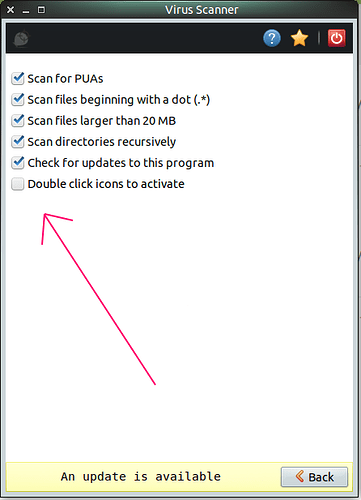I was so confuse with the post in web regarding above matter. Some say you don’t want any security program since all the bad stuff only written for Windows platform. Some say otherwise. So i need help from our community to decide this. 
Do i need to install Antivirus or any other security software for my UBUNTU MATE ?
If yes what will be the best application. (should be opensource)
Thanks


 (Exept the original Ubuntu with Unity[The internet resaults in scopes])
(Exept the original Ubuntu with Unity[The internet resaults in scopes])










